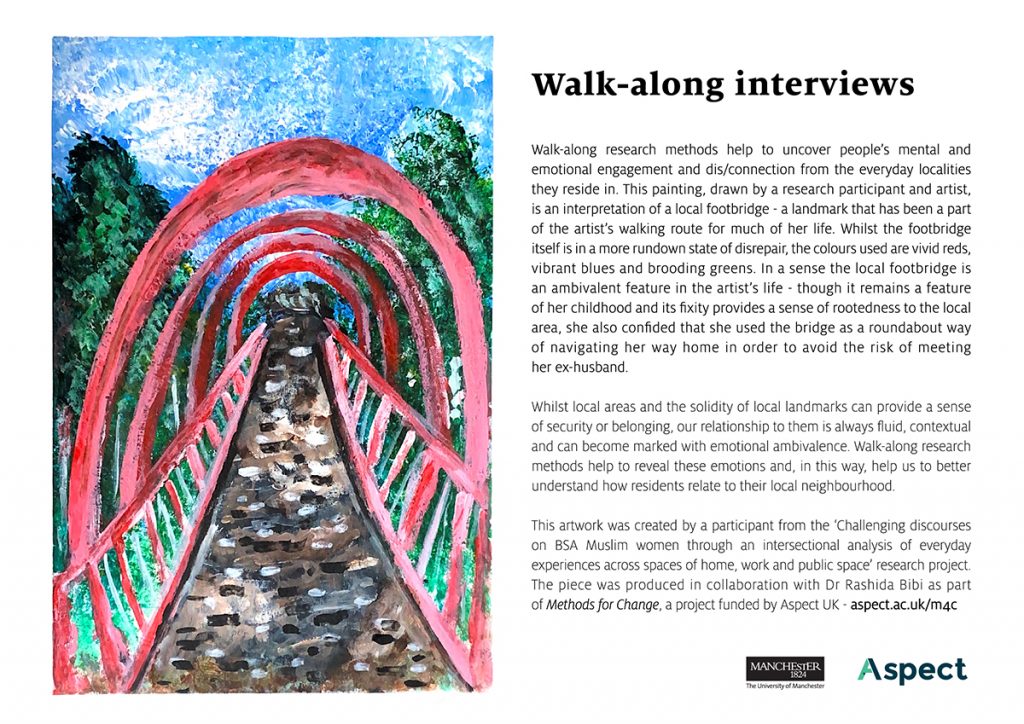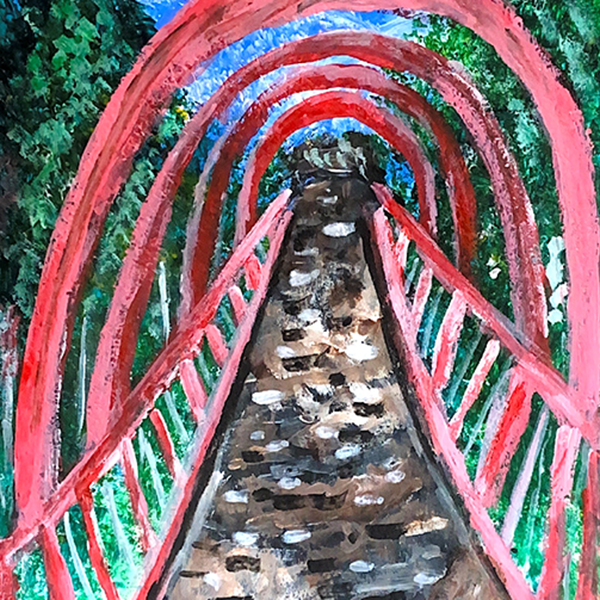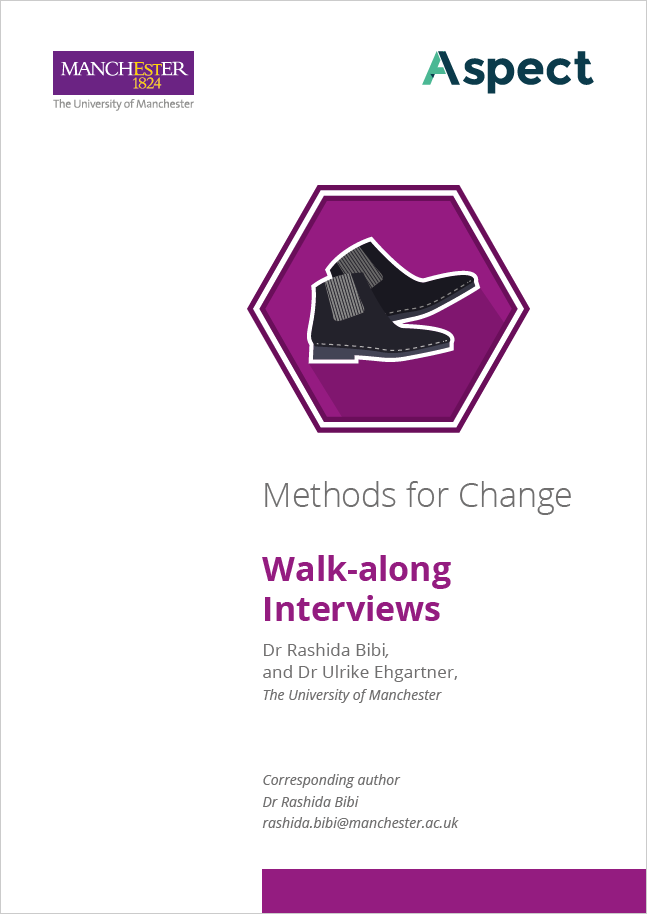Research Method: Walk-along Interviews
In walk-along, or go-along interviews, the researcher participant interaction is taken out of the more traditional sit-down context into a more active and conversational setting. The concept is based on the idea that the movement across different spaces, for example a neighbourhood or town centre, exposes both the participant and the researcher to changing infrastructures, meanings and relations which can stimulate conversations in varying ways.
Doing Walk-along Interviews means that the researcher gets immersed in the participants’ world and in their ‘journey’. In the process, the researcher-participant dynamic of asking and answering questions fades into the background in favour of a rather conversational encounter between two people. Walkalong Interviews are inexpensive and, in many ways, easier to set up than many other methods, including sit-down interviews. They are particularly useful to establish a holistic, in-depth understanding of how people relate or do not relate to the spaces that they inhabit and what their day-to-day experiences of inhabiting this place are like. Walk-along Interviews can be used alongside traditional sit down interviews and meaningfully combined with other methods such as photograph elicitation and diary writing.

You can find all the research outputs from the Methods for Change series here






